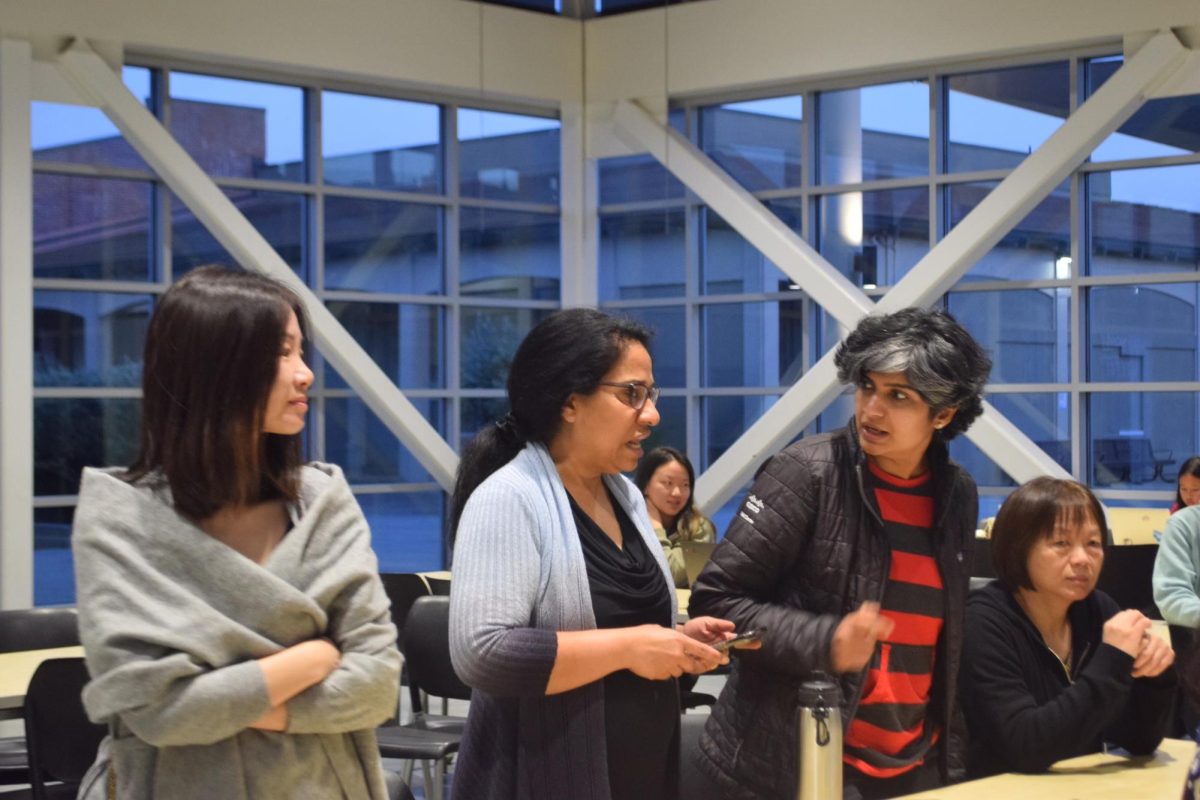El Estoque sat down with Student Advocate Richard Prinz and Peer Counseling officer senior Youngmin Son to discuss contemporary issues that students face in most high schools. They were presented with plausible scenarios and asked to offer a potential solution.
El Estoque: A student thinks of harming himself or herself.
Senior Youngmin Son: I would make sure that they feel safe, encourage them, [and] make them feel precious enough to live.
Student Advocate Richard Prinz: There are two parts involved in this process. The first is how serious [the situation of harming is]; whether there is suicidality involved. I would talk to [the student’s] parents and try to get counseling outside of school. Second, I would find ways to cope. Some ways to cope with these strong emotions could be either running, music, or [keeping] a journal.
EE: A person you know is harming himself or herself, but is not admitting it to you personally.
YS: I would act normal and not act like I know that they are harming themselves because there would be a reason that they are not telling other people. Instead of [confronting] them, I would be more friendly. If that [would] not work, I would inform my counselor or other adults.
RP: If you do not know them very well and cannot build up trust with them, it would be good to tell an adult. When I get a student in this situation, at first they [are] upset, but then they realize that people are trying to be helpful. That’s a big piece of it. Sometimes they feel alone and isolated, so it is nice to know that other people care.
EE: A student experiences abuse at home.
RP: The best thing is to talk to an adult. I know it’s scary. Sometimes they fear that they would be taken out of their homes. But that usually doesn’t happen.


The Child Protection Services (CPS) want families to stay together. Everyone who works at this school is required to report any reasonable suspicion of child abuse. We then call CPS and make a report for someone to come to our school and interview the student and the parents.
EE: A student offers you drugs.
YS: I would make my statement clear that I don’t want to try it and inform a counselor. I don’t think that this is a situation which I [could] solve by myself, and [I’d] need help from adults.
RP: If someone comes to talk to me about the use of drugs, it’s confidential. I’m not a policeman; I’m not going to turn them in. I would counsel them to get help, to get off of it. Then I would look at programs encourage them to talk to their parents, and stay in contact with them and their situation. However if a student is dealing drugs, I would have to look at the safety of everyone [involved] here; I would have to figure out what to do in that specific case [and] how far I would go.
Should you need or know someone who needs to reach out for professional help, you can contact the following resources:
CPS Hotline: (650) 493-1186
Santa Clara County Suicide and Crisis Prevention: (408) 279-3312














